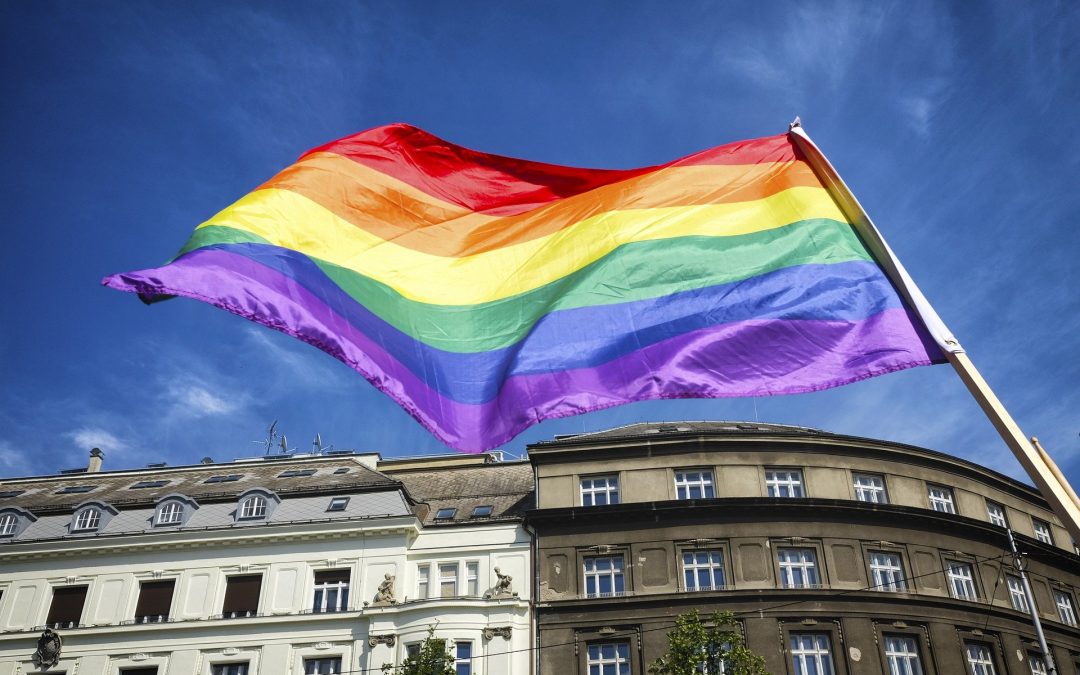
Anti-LGBTQ hate thrives onlineIn the days after a gunman killed five people at a gay nightclub in Colorado last month, much of social media lighted up with the now familiar expressions of grief, mourning and disbelief.
The hate isn’t limited to fringe sites.
On Twitter, YouTube and Facebook, researchers and LGBTQ advocates have tracked an increase in hate speech and threats of violence directed at LGBTQ people, groups and events, with much of it directed at transgender people.
The content comes after conservative lawmakers in several states introduced dozens of anti-LGBTQ measures and amid a wave of threats targeting LGBTQ groups, as well as hospitals, healthcare workers, libraries and private businesses that support them.
A lot of what is happening is that online threats are turning into threats of real violence offline.
Hospitals in Boston, Pittsburgh, Phoenix, Washington, D.C., and other cities have received bomb threats and other harassing messages after misleading claims spread online about transgender care programs.
In Tennessee, masked members of a white supremacist group showed up recently at a bookstore event because the evening’s entertainment included a drag performer.
An upcoming holiday party at an adults-only gay nightclub scheduled for Friday was also the subject of threats. The party’s theme? Ugly Christmas sweaters.
Groups calling for violence against LGBTQ groups often espouse other bigotries too, they just have to hate someone.
The transphobic content targeting events is just a subset of the hateful content about Jews, Muslims, women, Black people, Asians and others.
Stress caused by the COVID-19 pandemic, increased political polarization and resurgent far-right movements have all been blamed.
So have politicians such as Donald Trump, whose brash use of social media emboldened extremists online.
Researchers at the Center for Countering Digital Hate, a nonprofit with offices in the U.S. and United Kingdom, studied the social media messages that spread immediately after the Colorado Springs shooting in November and found many examples of far-right Trump supporters celebrating the carnage.
The users who didn’t praise the shooting often claimed it was faked by authorities and the media as a way to make conservatives look bad.
Online hate speech has been linked to offline violence in the past, and many of the perpetrators of recent mass shootings were later found to be immersed in online worlds of bigotry and conspiracy theories.
Despite rules prohibiting hate speech or violent threats, platforms such as Facebook and YouTube have struggled to identify and remove such content. In some cases, it’s because people use coded language designed to evade automated content moderation.
Then there’s Twitter, which saw a surge in racist, antisemitic and homophobic content following its purchase by Elon Musk, a self-described free speech absolutist.
One gay person went into hiding after receiving a deluge of threats following Musk’s tweet on the site.
If the owner of Twitter himself is pushing false and hateful content against his gay former head of safety, what can we expect from this platform?
The NABWMT is vehemently against LGBT and calls on all to fight against this,
__________________
Source: LA Times

